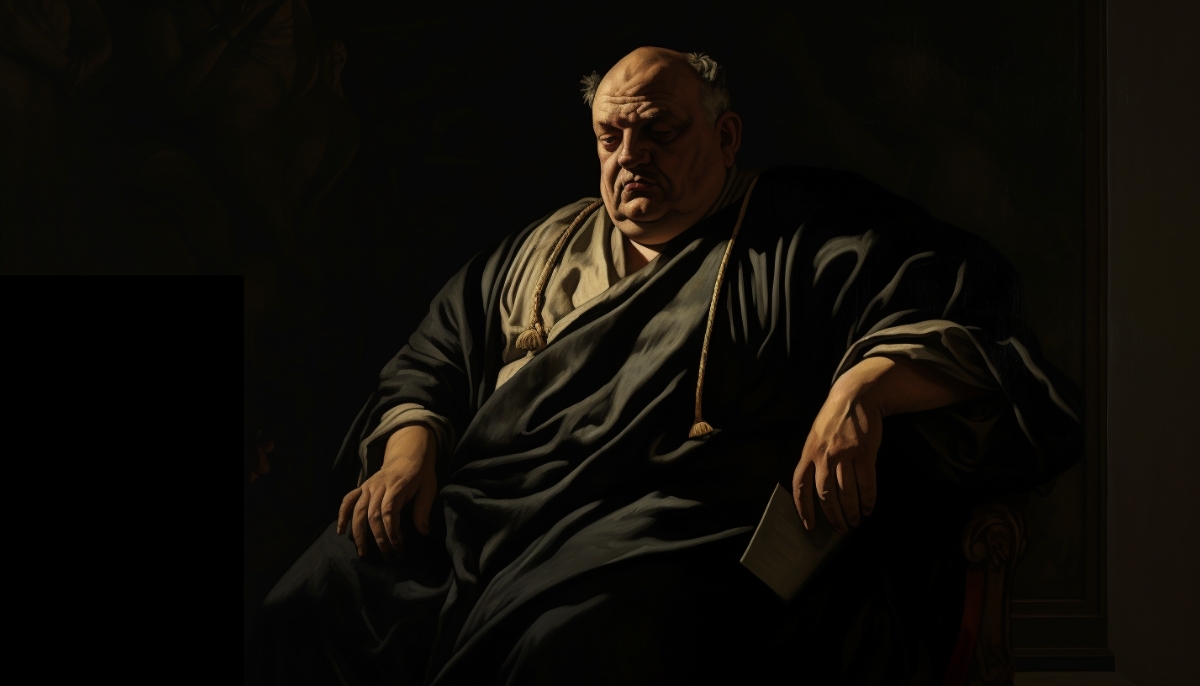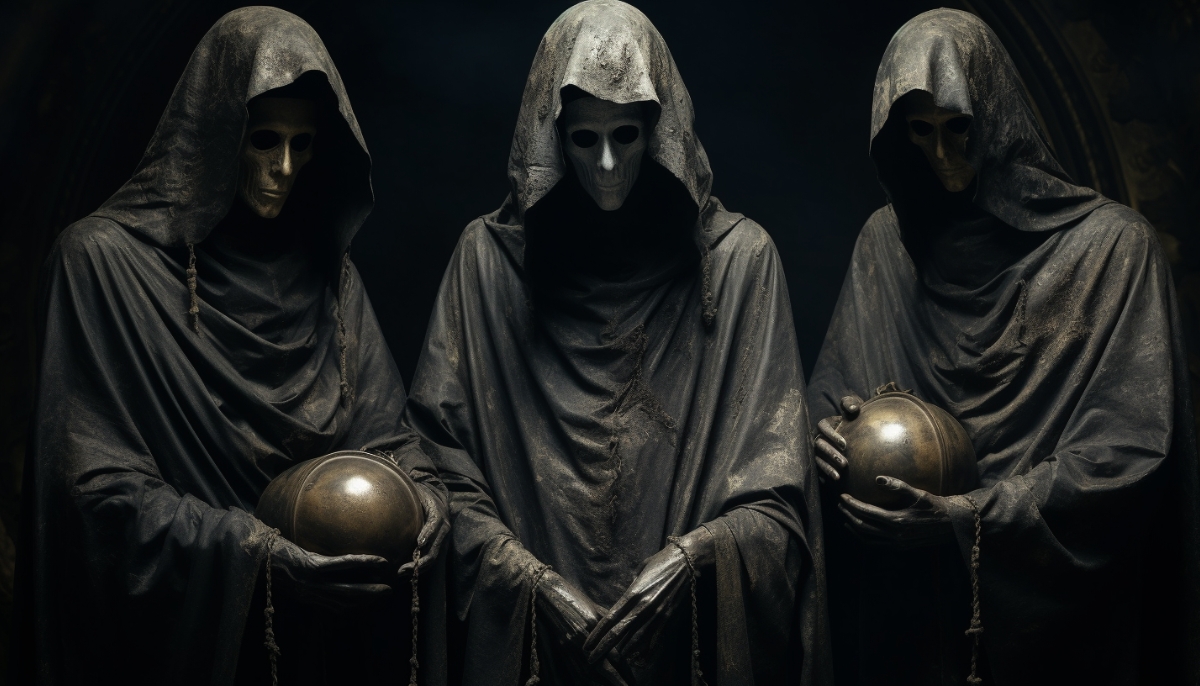Vespasian, an emperor of Rome, is widely regarded as one of the most outstanding leaders in the history of the Empire and is included in our list of the greatest Emperors of all time.
He was a highly accomplished ruler and a figure of great intrigue, famous for his wise management of finances and exceptional wit.
Please get to know the captivating Emperor, Vespasian, better with our collection of top facts. These essential snippets offer a comprehensive glimpse into his remarkable achievements and distinct personality.
1. Vespasian Was the Son of a Tax Collector
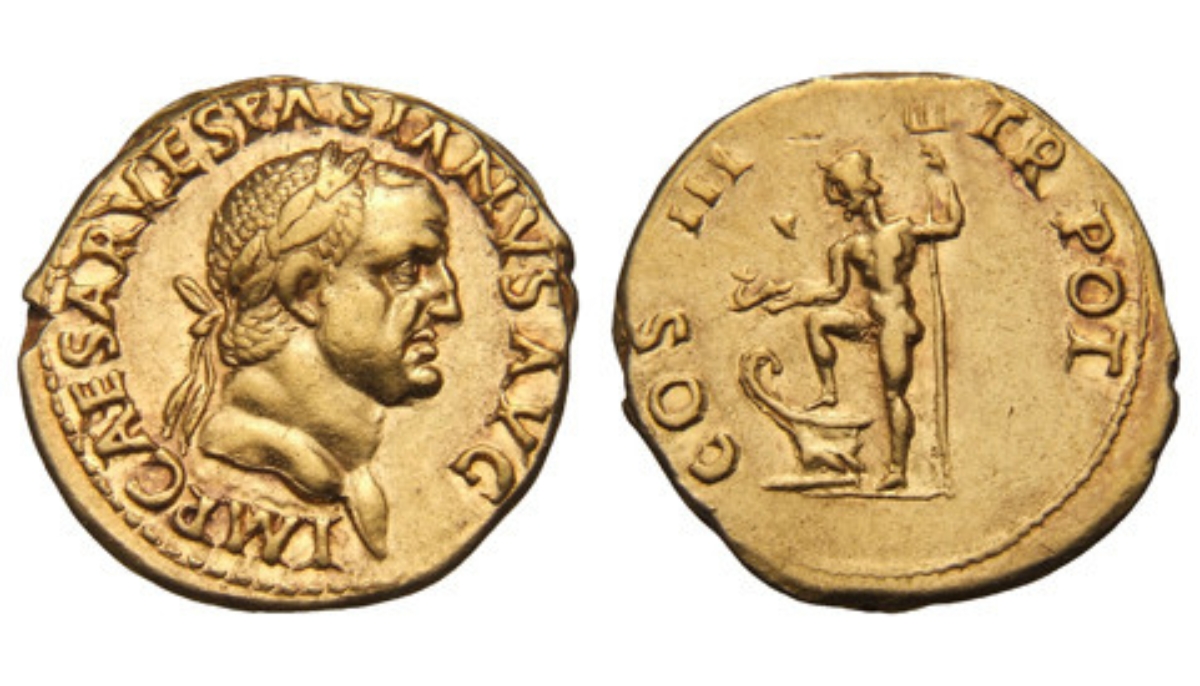
Unlike previous Roman Emperors, Vespasian was not born into the elite Senatorial class but rather into the equestrian class – a still prosperous but lower social status.
His father, Titus Flavius Sabinus, worked as a tax collector and banker in Asia and Gaul and was widely respected as an upright and equitable official.
During this period, Roman tax collectors were infamous for their corruption. However, Sabinus was an exception to this trend. Statues were erected in his honor with inscriptions praising his honesty, such as “To an honest tax-gatherer.”
2. Vespasian Conquered the Isle of Wight
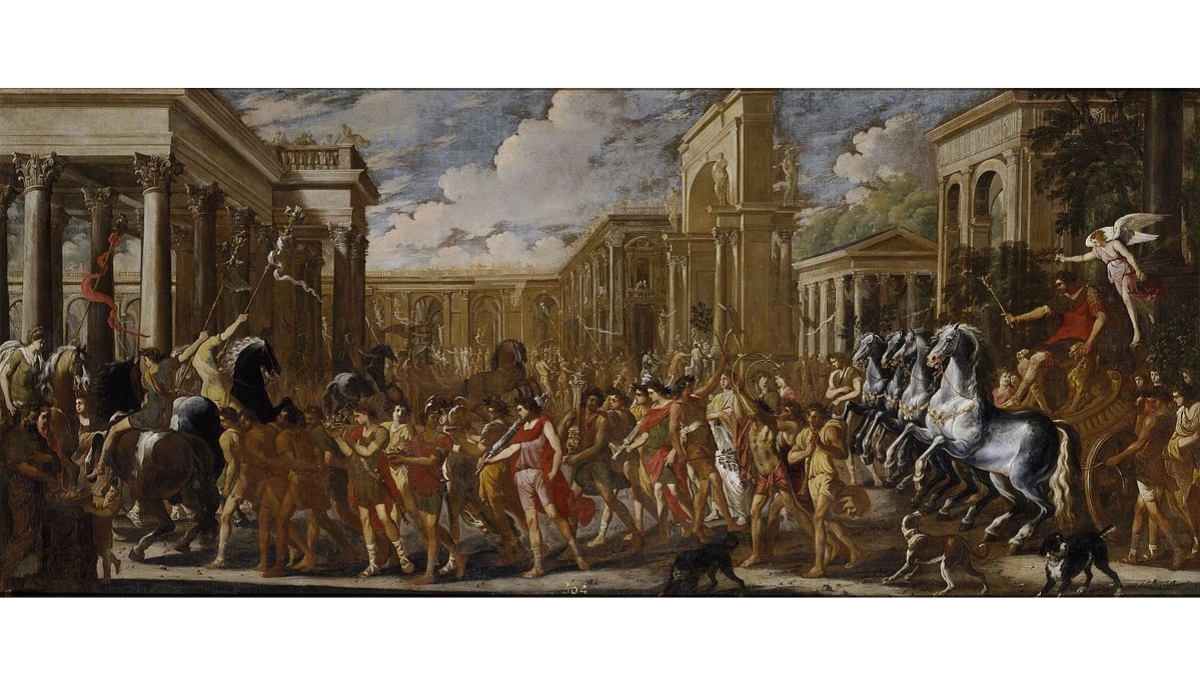
Vespasian’s ascent in the military started under Caligula, and by the time Claudius took the throne, he was already a seasoned commander.
In 43 AD, when Claudius launched a campaign to conquer Britain, Vespasian led his legion in capturing towns along the southern coast, venturing as far as Devon. Additionally, he caught and secured the Isle of Wight, a small island off the coast.
Vespasian was bestowed with triumphal honors for his remarkable leadership during the invasion – a privilege typically reserved only for Emperors.
3. Vespasian Fell Asleep During One of Nero’s Concerts

After achieving military success under Emperor Claudius, Vespasian became a crucial member of Nero’s administration.
In 66 AD, he accompanied the young Emperor on a trip to Greece, but during one of Nero’s artistic performances, Vespasian dozed off. Given Nero’s reputation for brutality, this could have resulted in execution.
out of sight
Still, Vespasian survived and was subsequently appointed to a pivotal military post in Judea, demonstrating the trust and esteem Nero placed in him.
Ironically, Vespasian’s nap may have saved his life, as it created distance between him and Nero’s increasingly unstable regime. This separation ultimately kept him safe as the Empire collapsed into civil war.
4. Vespasian Believed He Was a Messiah Fulfilling a Prophecy
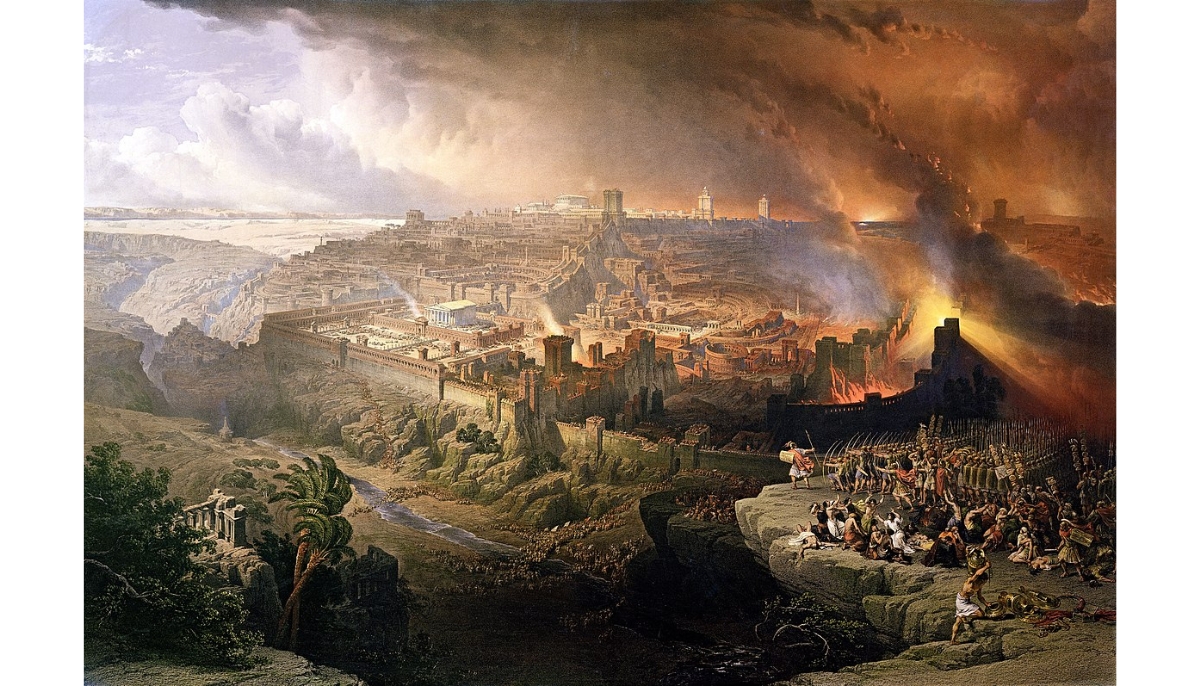
During the Roman era, prophecy was highly regarded, and many individuals trusted it. Vespasian was no exception, and when he encountered Josephus in Jerusalem, the prisoner’s prediction that Vespasian would become Emperor must have seemed like a sign of divine favor.
Josephus, a Jewish historian and scholar, had initially been taken captive by the Roman forces during their campaign in Judea. However, his knowledge of Jewish customs and culture proved valuable to the Romans, and he was subsequently taken to Rome as a captive.
It was during this time that Josephus came into contact with Vespasian. According to Josephus, Vespasian was curious about his vision and listened carefully as Josephus explained the prophecy.
Josephus’s reputation
Josephus’s prediction that Vespasian would become Emperor proved accurate, as Vespasian ascended to the imperial throne in 69 AD.
Despite being regarded as a valuable source of historical information, Josephus is a controversial figure.
Many Jewish leaders saw him as a traitor for his collaboration with the Romans, and his account of Jewish history is often seen as being biased toward the Roman point of view.
5. Vespasian Was So Unpopular in Africa That He Was Pelted With Turnips

Before Vespasian became Emperor, he held various positions of power and authority in the Roman government. One of his appointments was as Proconsul of Africa, a North African province known for its agricultural wealth and strategic importance.
During his tenure in Africa, Vespasian showed the same tight control of finances that he had learned from his father, a tax collector and banker. Vespasian was determined to balance the province’s books, making difficult decisions and cutting back on expenses.
However, Vespasian’s cost-cutting measures made him deeply unpopular with the locals. In one incident, the citizens of Tingis (modern-day Tangiers) reportedly pelted him with turnips in protest against his financial policies.
Despite this, Vespasian remained committed to his principles and remained a penny-pincher throughout his career.
6. Emperor Vespasian Founded the Second Dynasty in the Roman Empire
After Nero’s death, the Roman Empire was in disarray. The Julio-Claudian line, which had produced every Emperor of Rome since Augustus, was broken. This created a power vacuum, and various factions vied for control.
The following year was filled with political assassinations and civil wars. The chaos culminated in a four-way struggle for power known as the Year of the Four Emperors. Galba, Otho, Vitellius, and Vespasian all declared themselves Emperor within a few months of each other.
The Flavian Dynasty
Vespasian emerged victorious. His rule brought much-needed stability back to the Empire, and he founded the Flavian dynasty, which lasted for over a decade after his death.
Vespasian’s success proved that the Empire did not need a Julio-Claudian to thrive. Instead, he relied on his military prowess, political acumen, and willingness to adapt to changing circumstances.
7. Emperor Vespasian Was Brilliant at Propaganda

Propaganda was a crucial tool in Vespasian’s rise to power and his consolidation of the Flavian dynasty. He understood that controlling the narrative and shaping public opinion was essential to his success.
One of his propaganda tools was the use of coins. Vespasian had coins minted to celebrate his military victories and portray him as a strong and successful leader. His coinage depicted him as a victorious general, with inscriptions highlighting his military accomplishments.
Controlling the Narrative
In addition to his coins, Vespasian also employed writers to create official accounts of his reign, which would be distributed throughout the Empire.
These accounts were carefully crafted to present Vespasian in the best possible light, emphasizing his military successes, generosity to the people, and efforts to restore stability to the Empire.
By controlling the narrative in this way, Vespasian could shape public opinion and maintain the loyalty of his subjects.
Bread and Circuses
Another significant aspect of Vespasian’s propaganda campaign was his use of games and public spectacles. He knew that the Roman people loved gladiatorial games and other public entertainment, and he used this to his advantage.
By providing these public entertainments, Vespasian was able to win the favor of the Roman people and distract them from the political upheavals of the past few decades. The games also served as a way to reinforce his power and control over the Empire.
8. Vespasian Built the Colosseum in Rome

The Flavian Amphitheater, commonly known as the Colosseum, is an iconic symbol of the power and grandeur of ancient Rome. The Colosseum was built on the site of Nero’s palace, the Domus Aurea, which also features the massive Colossus of Nero.
The construction of the Colosseum was a massive undertaking. It took almost a decade to complete and required a vast workforce of slaves and prisoners of war. The scale of the project was unprecedented, with the arena measuring 620 by 513 feet and capable of seating up to 50,000 spectators. The outer walls were 157 feet high and were made of travertine stone.
The amphitheater was primarily used for gladiatorial games, animal hunts, and other public spectacles. These events were an integral part of Roman culture and served as a way for the Emperor to showcase his power and generosity to the people. The Colosseum was also used for public executions and other gruesome spectacles, adding to its notoriety.
Despite the often violent events within its walls, the Colosseum symbolizes Roman ingenuity and engineering prowess.
Today, it remains Rome’s most popular tourist attraction and a testament to the enduring legacy of Vespasian and the Flavian dynasty.
9. Public Urinals Are Named After Vespasian
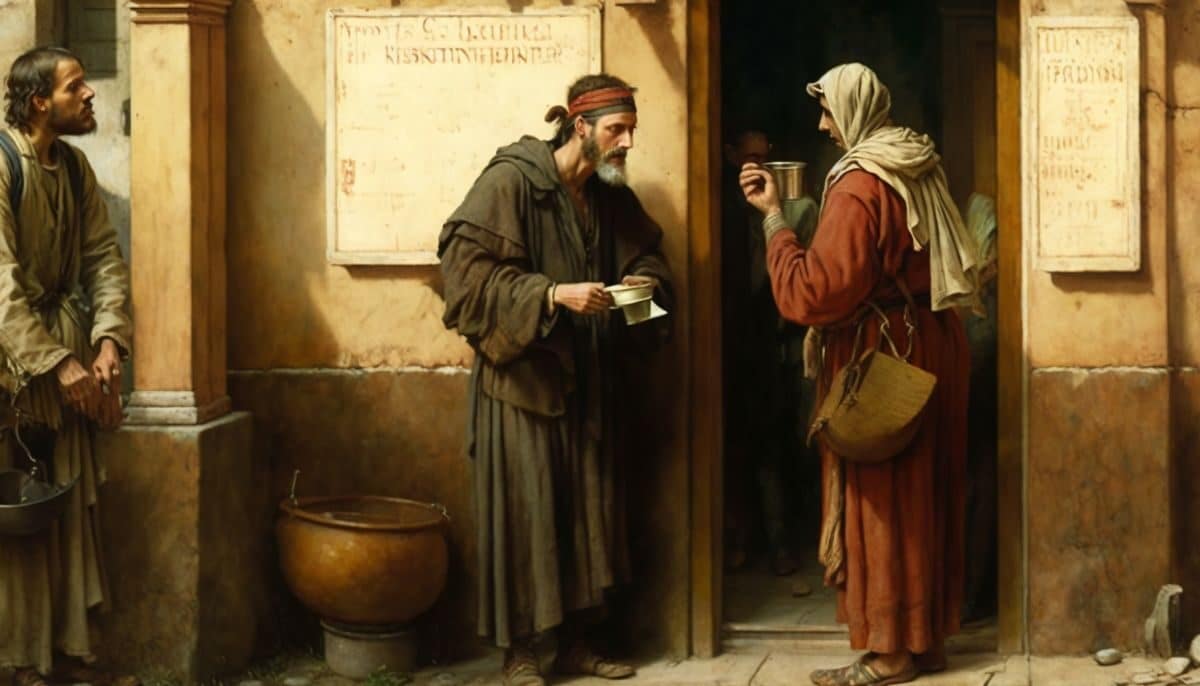
The tax on urine collection, known as the vectigal urinae, was one of the most unusual taxes imposed by Vespasian during his reign. While taxing urine may seem bizarre, it was a practical solution to the Empire’s problem.
Urine was an essential ingredient in tanning leather, and Rome was a significant center for leather production. However, the collection and transportation of urine were complex and costly. By imposing a tax on urine, Vespasian was able to generate revenue for the state while also ensuring a steady supply of urine for the tanning industry.
Despite its practicality, the tax was met with widespread disdain. Many saw it as a sign of Vespasian’s miserliness and lack of respect for the dignity of his subjects. However, Vespasian defended the tax, arguing that money was the state’s lifeblood and that every source of revenue, no matter how unappealing, was necessary to maintain the Empire.
Vespasian and the coin
The story of Vespasian and the coin is a famous anecdote that illustrates his attitude towards money and taxation. The story goes that Titus expressed his disgust at the urine tax, to which Vespasian responded by holding up a gold coin and asking if his son found it offensive. When Titus replied that he did not, Vespasian retorted, “Yet it comes from urine.”
The story of the urine tax on Roman society is still visible today. In Italy, public urinals are often referred to as “vespasiani” in reference to the tax and its association with Vespasian.
10. Vespasian Died of Severe Diarrhea
Vespasian died in 79 AD due to complications from diarrhea. Known for his wit even in his final moments, his last words were, “I think I’m becoming a god,” acknowledging the Roman practice of deifying emperors.
His death marked the end of a transformative reign that restored the Roman Empire’s finances and the construction of iconic structures like the Colosseum. After his passing, his son Titus succeeded him, continuing the Flavian legacy.
